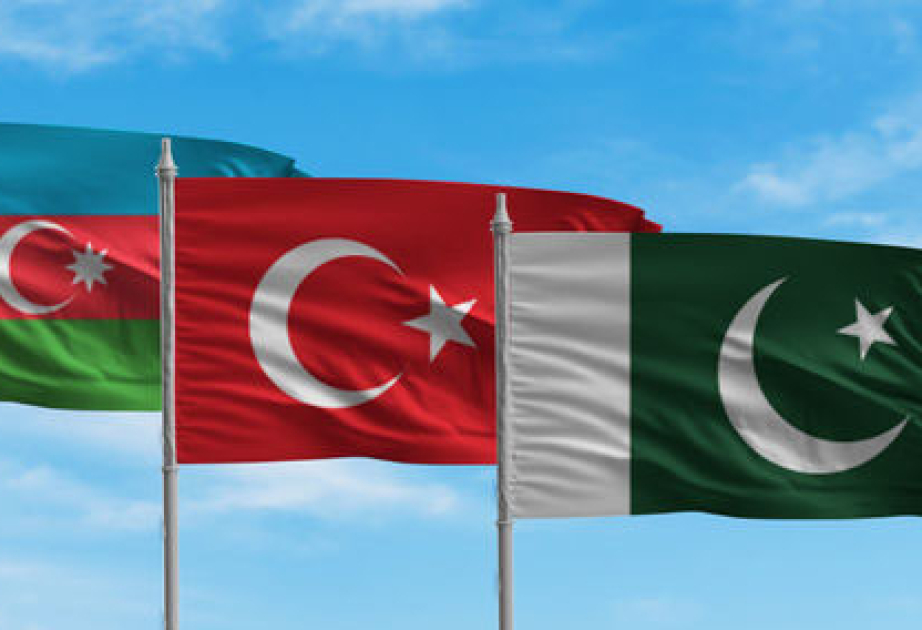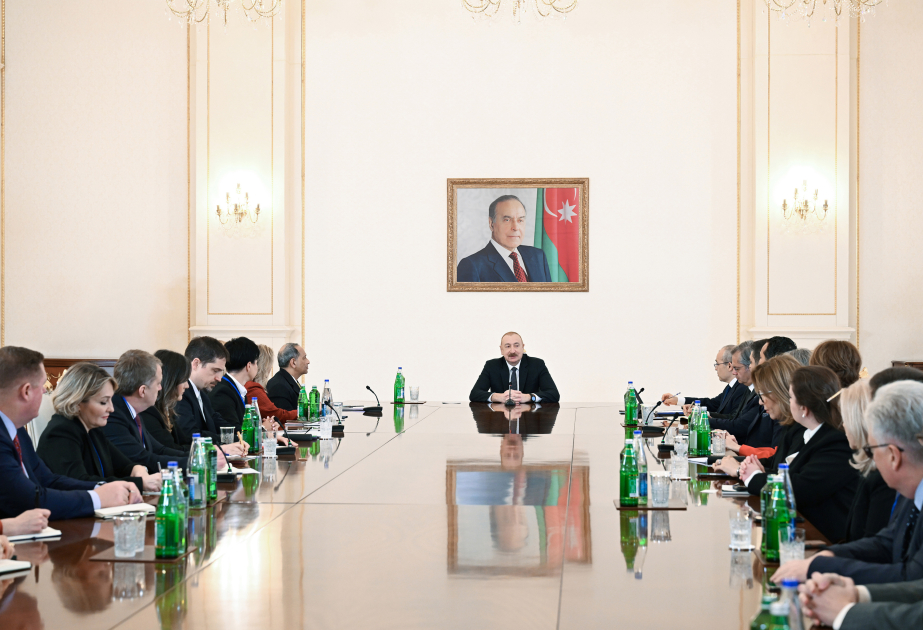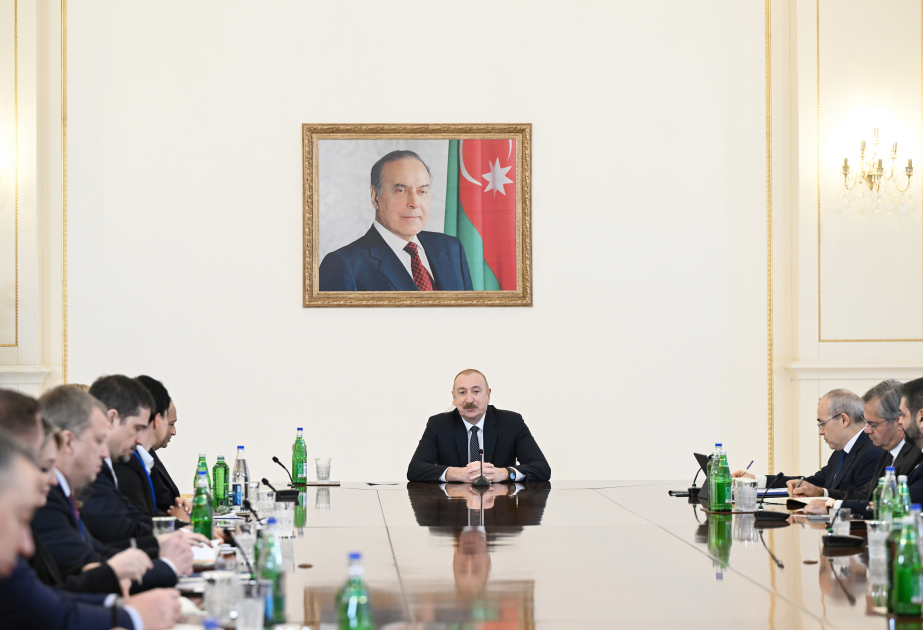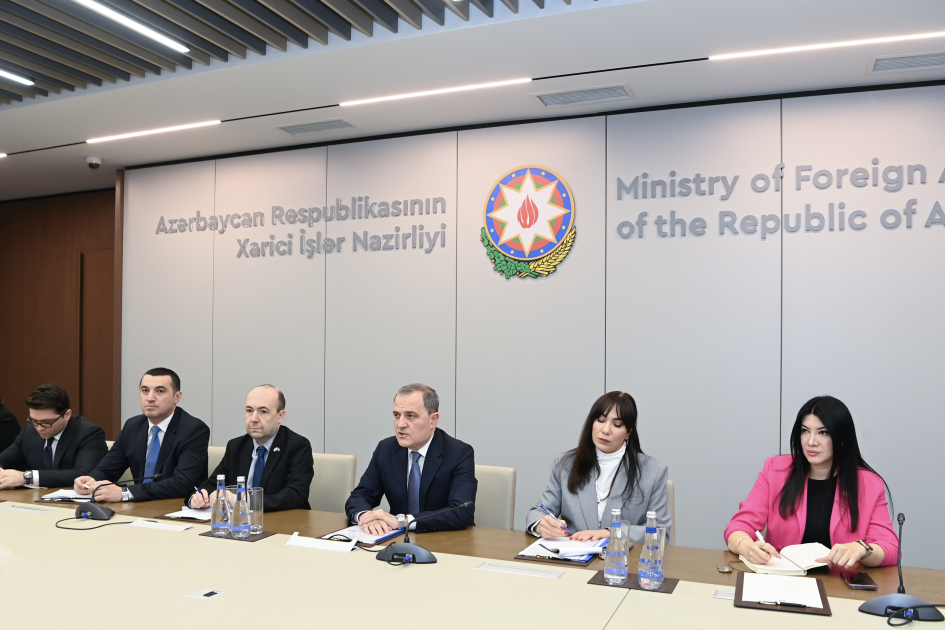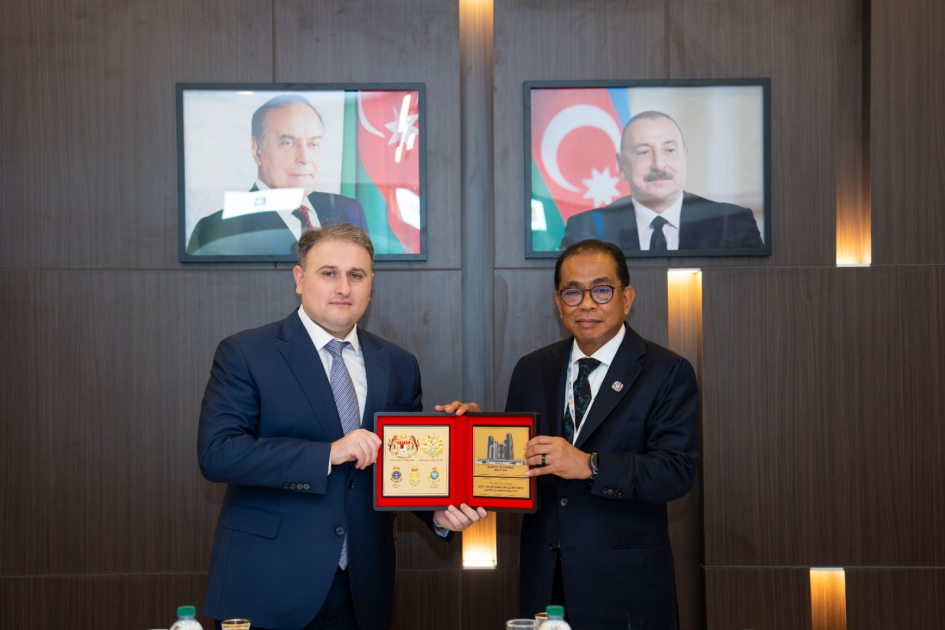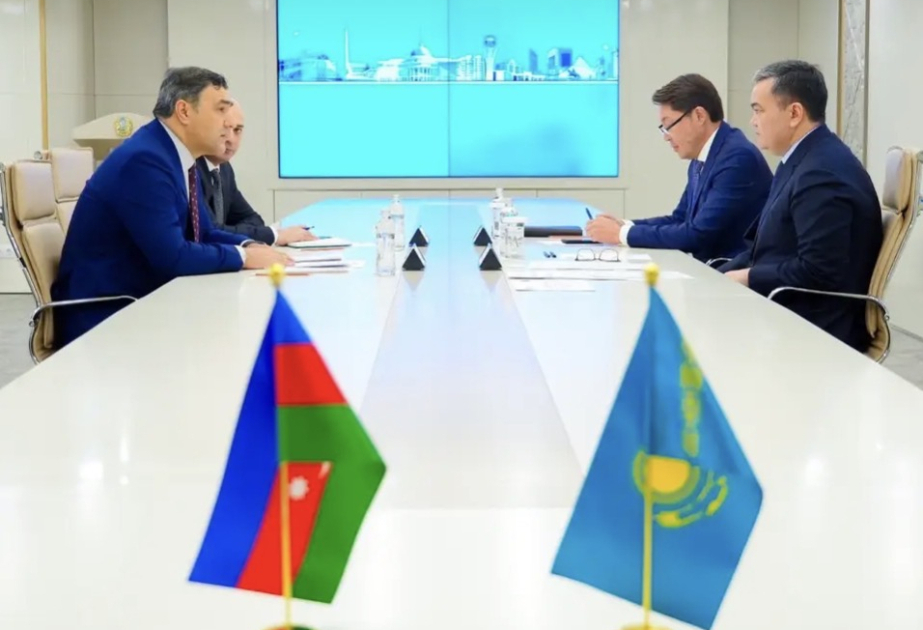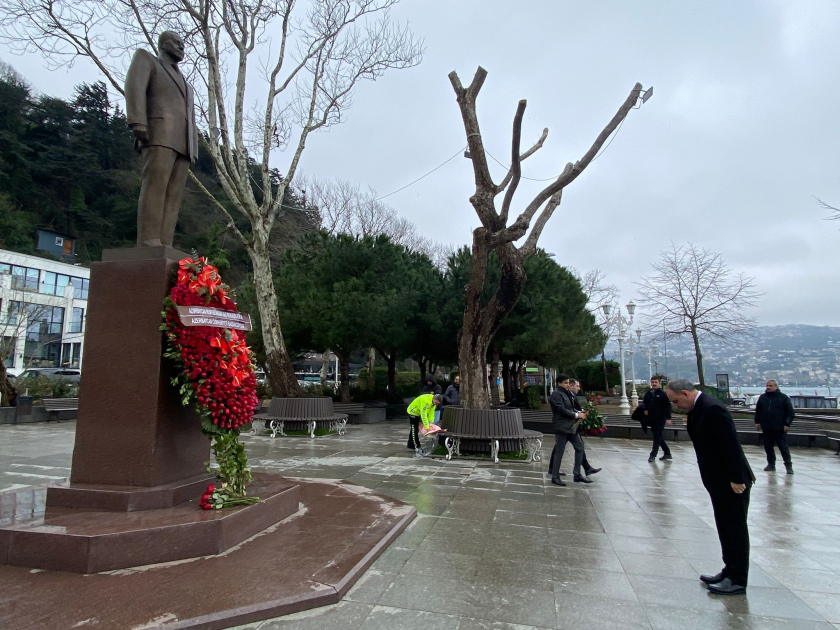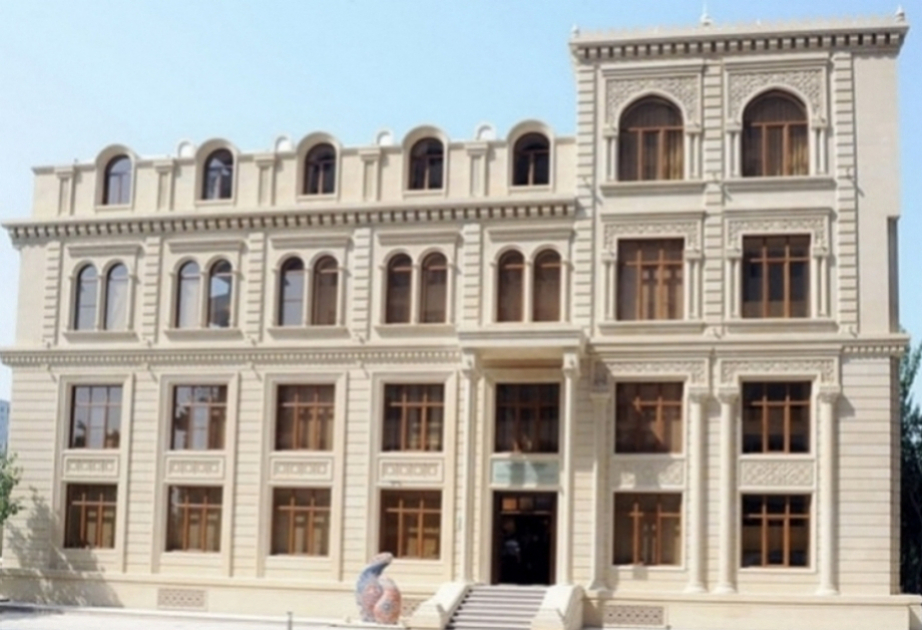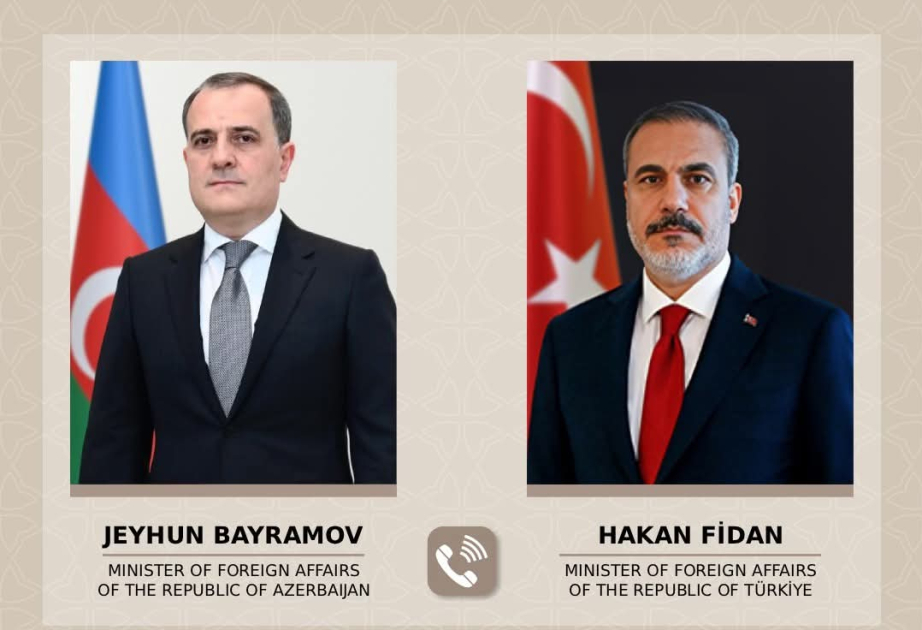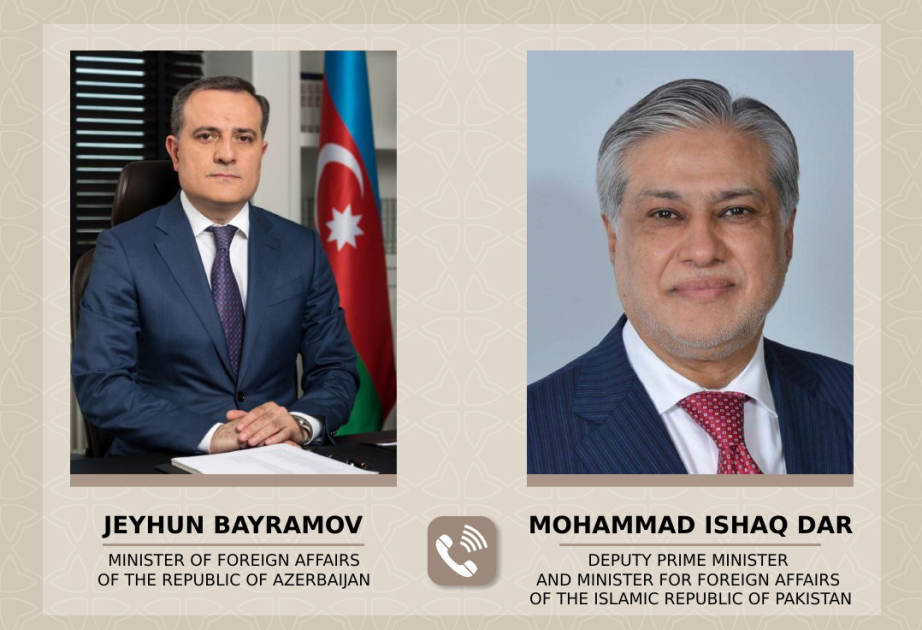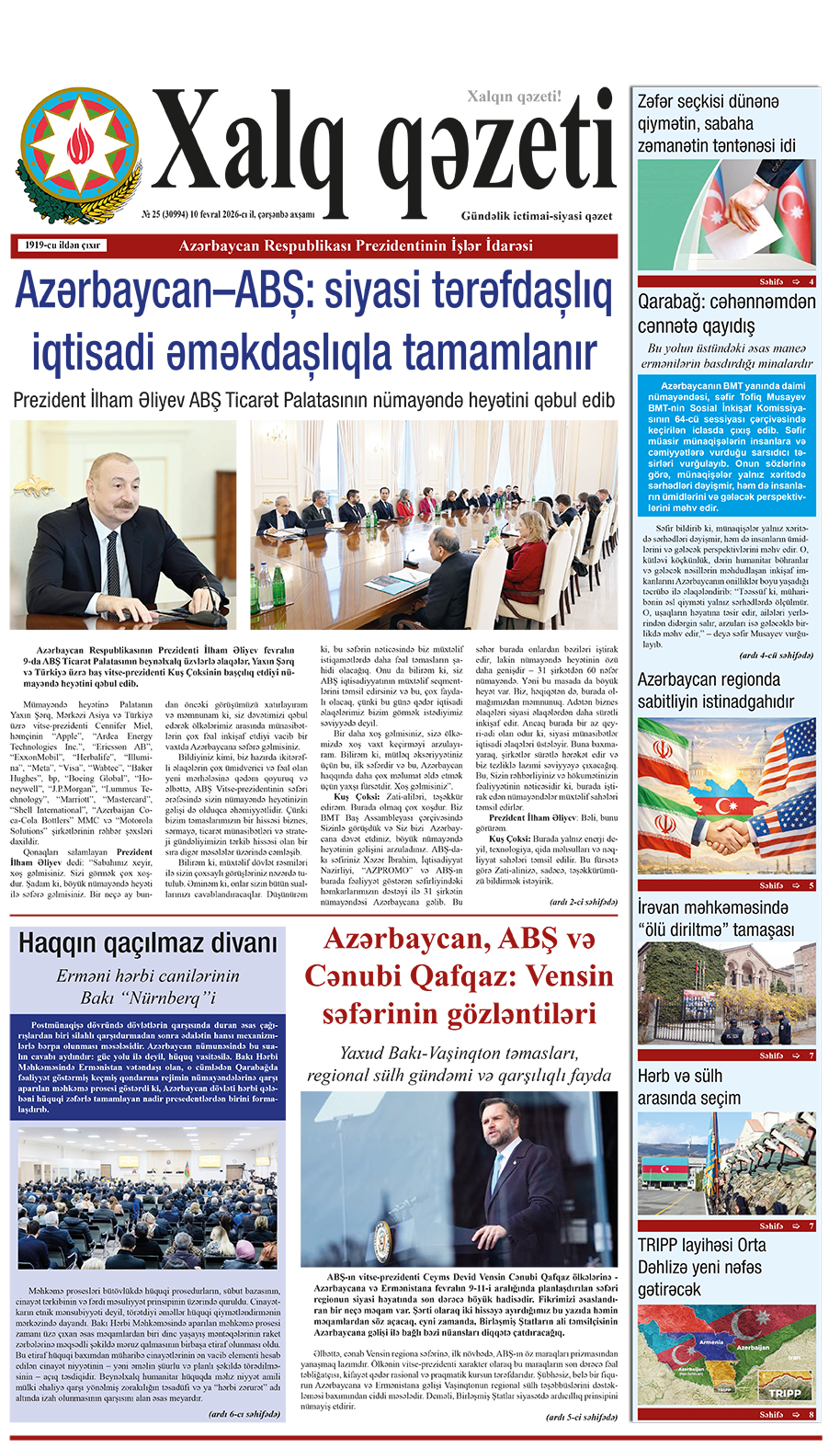The first high level trilateral cooperation meeting between Azerbaijan, Pakistan, and Türkiye has held at the sidelines of the 24th SCO Heads of States meeting in Astana. This was a significant leap forward in the ongoing trilateral cooperation framework as this was the first time, President of Azerbaijan Ilham Aliyev, Turkish President Recep Tayyip Erdogan, and Pakistani Prime Minister Shehbaz Sharif met, This meeting marked a significant elevation in their collaborative efforts, as previous engagements had been confined to the ministerial level, involving foreign ministers and other senior officials. The cooperation mechanisms has set new threshold for growing depth of their trilateral relationship, showing the commitment to more comprehensive and impactful cooperation across various dimension of economic, security, and cultural sectors.
Over the years, since the inception of diplomatic ties between Azerbaijan, Pakistan, and Türkiye have maintained robust bilateral ties, each deeply rooted in shared cultural, historical, and religious bonds. The relationship between Türkiye and Pakistan predates Pakistan’s independence in 1947, and both nations were among the first to recognize Azerbaijan following the collapse of the Soviet Union. This foundation of mutual respect and shared values has paved the way for a deeper trilateral cooperation that has become increasingly evident in recent years.
The 2020 Nagorno-Karabakh war was a pivotal moment for the trilateral alliance. Türkiye and Pakistan’s support for Azerbaijan during the conflict demonstrated the strategic depth of their relationship. Turkish military technology, including the use of drones, played a critical role in Azerbaijan’s victory, while Pakistan provided significant political support. This collaboration has continued to deepen, with joint military exercises and increased defense cooperation becoming a regular feature of their relationship. Both Azerbaijan and Turkiye support Pakistan on Kashmir issue and maintain a strong posture at the global stage on this important matter.
The Astana summit marks a significant milestone in this evolving trilateral cooperation. For the first time, leaders from Azerbaijan, Pakistan, and Türkiye met in a trilateral format, elevating their discussions from ministerial and parliamentary levels to the highest echelon of state leadership. This meeting highlighted their commitment to transforming their collaboration into a comprehensive partnership encompassing economic, security, cultural, and technological domains.
Turkiye, Azerbaijan and Pakistan are lying ancient trade routes, offering significant potential for economic integration and development. The Middle Corridor initiative, which aims to enhance trade routes connecting Asia and Europe through Azerbaijan and Türkiye, was a key focus of the discussions. Turkey's GDP of $806 billion and its strategic location as a bridge between Europe and Asia enable it to serve as a critical conduit for trade and energy. Azerbaijan, with its vast energy resources and a GDP of $54 billion, complements this by providing essential energy supplies that fuel regional economies. Pakistan, with a growing economy projected to reach a GDP of $376 billion by 2024, offers a significant consumer market. Pakistan also offers the link via CPEC to the grand Belt and Road Initiative (BRI) of China towards global markets. Together, these nations enhance regional connectivity, particularly through initiatives like the Middle Corridor, which could reduce transportation times by 30-40%, boosting trade efficiency and economic integration.
The trilateral summit also emphasized the importance of defense cooperation. Regular joint military exercises, such as the "Three Brothers" drills, have enhanced the interoperability and readiness of their armed forces. Cultural and educational exchanges were another focal point of the summit. Initiatives such as educational exchanges and joint cultural projects are expected to play a vital role in this regard. The launch of direct flights between Azerbaijan and Pakistan has already contributed to increased people-to-people contacts and bilateral tourism, and further efforts to expand flight connectivity are underway.
The trilateral cooperation is not limited to economic and defense. It also encompasses diplomatic and geopolitical dimensions. The Astana summit highlighted their commitment to supporting each other in regional and international platforms, advocating for issues of mutual concern. For instance, the leaders expressed their collective support for addressing Islamophobia and the persecution of Muslim minorities, stance on the Jammu and Kashmir dispute, calling for a peaceful settlement in accordance with UN Security Council resolutions and resolution of Armenia-Azerbaijan conflict and the demilitarization of the South Caucasus.
Looking ahead, the future of this significant trilateral cooperation appears promising. Their collaborative efforts in economic integration, security collaboration, and cultural exchange are set to bring substantial benefits to their respective populations, regional scale and beyond. Regular high-level meetings and enhanced collaboration in various sectors are crucial in sustaining the momentum of this trilateral cooperation. As the three nations are navigating the complexities of regional geopolitics, Azerbaijan, Pakistan, and Türkiye will need to balance their aspirations with the realities of their regional environments. Their success will depend on their ability to foster deeper ties, address emerging challenges, and capitalize on new opportunities for mutual benefit.
Muhammad Asif Noor
*The writer is Founder Friends of BRI Forum, Chairman Azerbaijan-Pakistan-Turkiye Business Forum and Director, Centre for Eurasia and Central Asia Studies


